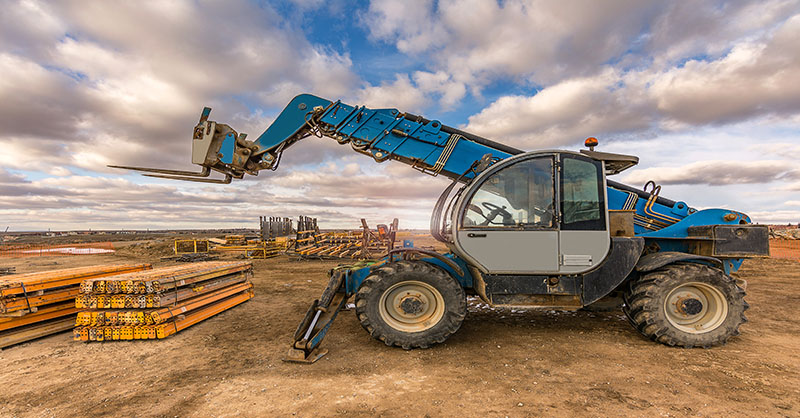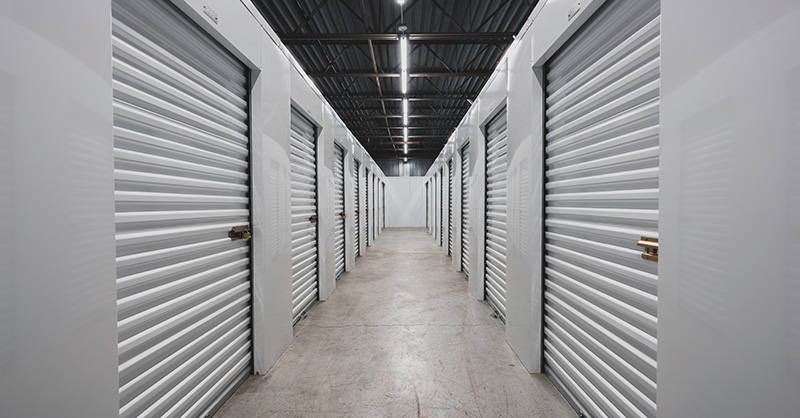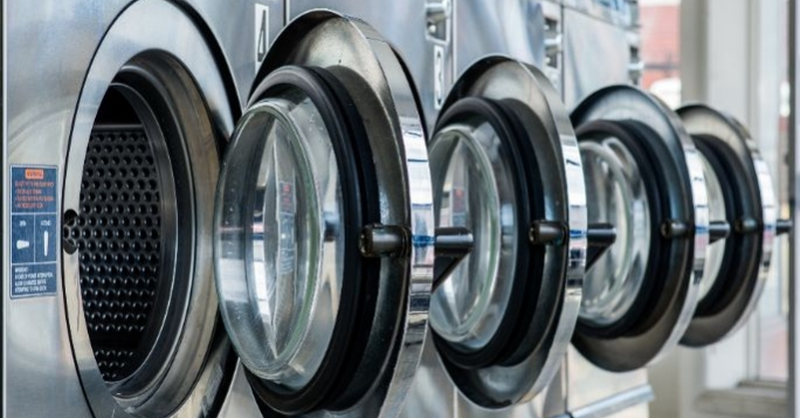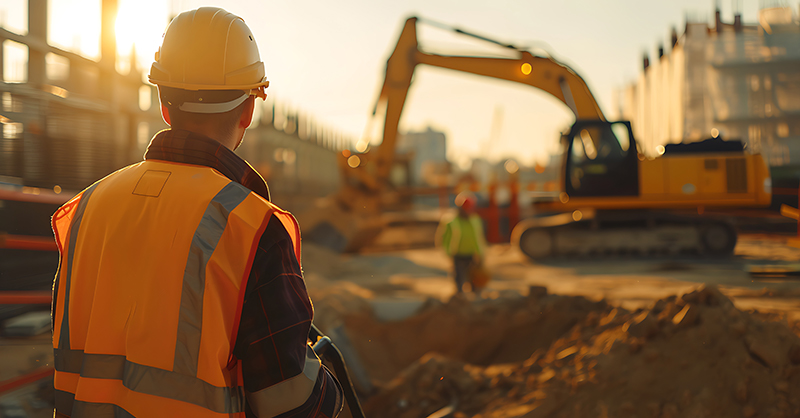The Importance of Powered Industrial Truck Training and Routine Maintenance

Powered industrial trucks, commonly known as all-terrain forklifts on construction sites, play a crucial role in large-scale projects. However, their operation carries inherent risks that can lead to serious accidents and injuries. These versatile forklifts are designed to navigate uneven surfaces, making them ideal for construction environments. In this article, we’ll delve into common forklift risks, essential safety measures, operator training, and equipment maintenance—all aimed at fostering a safe jobsite and reinforcing a strong safety culture.
Common Risks Associated with Forklift Operation:
- Collisions: Forklifts can collide with workers, other jobsite vehicles, and stationary objects. Distractions and poor visibility contribute to these accidents.
- Overturning: Exceeding the forklift’s load capacity can cause instability and tip-overs. Proper load handling and weight distribution are critical to prevent overturn incidents.
- Falling Objects: Improperly secured loads may fall from the forklift, posing risks to nearby workers and property. Regular load checks and secure fastening are essential.
- Exposure to Hazardous Materials: Forklift operators may encounter hazardous materials during their work. Proper material identification, training, and precautions minimize exposure risks.
- Accidents Due to Inadequate Training or Lack of Awareness: Proper forklift certification and ongoing refresher training are essential to prevent operator errors.
Operator Training Requirements:
- Certification and Competence: Only trained and competent operators should handle powered industrial trucks. According to OSHA regulations, all forklift operators must receive training and certification from their organizations. Certification ensures understanding of safe practices, load capacities, and emergency procedures.
- Refresher Training: Regular refresher courses are crucial. Operators should stay updated on changes in regulations and equipment features. Often, equipment manufacturers provide these courses.
- Custom Training Programs: Employers can create equipment-specific training programs covering safe operation, load handling, and hazard identification for the specific equipment used on their sites.
Maintenance Recommendations:
- Regular Inspections: Forklifts require frequent inspections to identify mechanical issues, leaks, or worn-out components. Inspect brakes, tires, hydraulics, steering, and safety features. Conduct these annually at a minimum, preferably before each shift.
- Scheduled Maintenance: Follow a preventive maintenance schedule. Check fluid levels, lubricate moving parts, and promptly replace worn components.
Remember, prioritizing safety through training and maintenance helps reduce accidents and promotes a productive and safer construction site.









